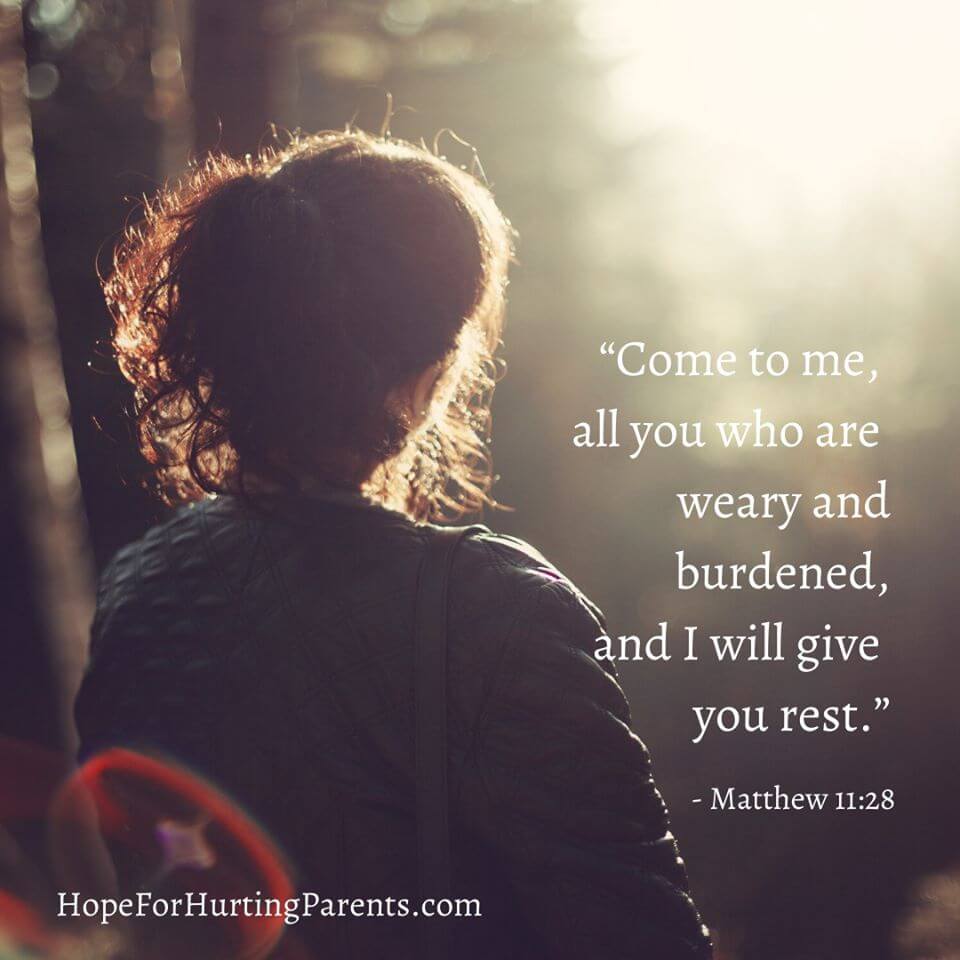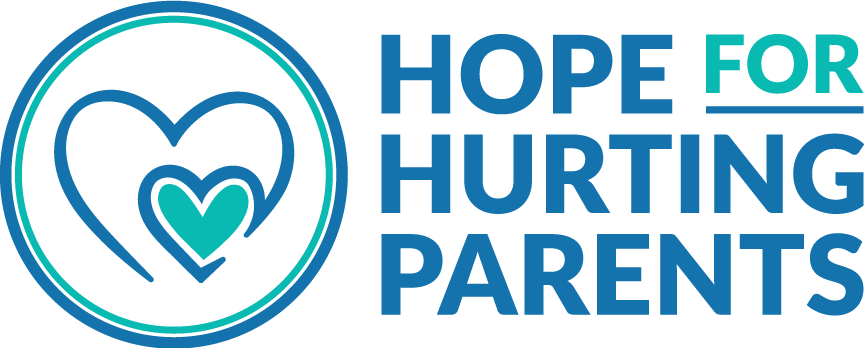
photo from canva
Today Pam Jones Lanhart, mom of a son who struggled with drug abuse and director of Thrive! Family Support, has more valuable insights for us in Part 2 of her interview.
-
What did you do to protect your marriage – how did your son’s drug problem affect your relationship?
Our marriage definitely suffered at the beginning of this journey. I was not a fun person to be around and my husband would say the same thing about himself. When we reconciled, we decided to intentionally invest in our marriage. We knew our son might not get better and we didn’t want to lose our relationship in the interim. I believe our spouse is our first priority in the family. We were married before we had children and God’s plan for our life is to fight for our marriage.
I remember the day I looked at my husband and said “You aren’t the enemy. We are not going to let Satan win. Addiction is our enemy. Let’s battle it together.” A shift occurred that day. We stopped talking about our son incessantly and we started to date each other again. We had fun again. As we both sought therapy and improved our communication skills, positive things overflowed into our relationship. My husband also changed dramatically as a result of this journey. Honestly, I’m completely smitten with him. After 39 years of marriage I can truly say the last few years have been the best.
The Rest of the Family
-
Do you have other children? How did they respond/react? Do you have any recommendations for parents?
We have 4 children and 10 grandchildren. Our oldest was out of the home so our son’s issues didn’t impact

photo by Tyler Nix on unsplash
her as much. Our second born has an amazing, forgiving personality. He and his brother remain good friends. Because our son was so young when this all started, the greatest impact was felt by our youngest daughter. The trauma she experienced caused her to start self-harming. With the help of a care team (we learned we truly do need a village) we got her into Dialectical Behavior Therapy (DBT) which we credit for saving our family.
DBT is a skills-based therapy that helped us learn how to cope with our distress more effectively; to stay in a place of balance and peace, in spite of our circumstances. This therapy also gave us solid communication skills we practice to this day. While our daughter still struggles with some anxiety and depression, she is three years free from self-harm and doing well. All of our children have a great relationship with their brother and I believe it is due, in large part, to how we modeled love and acceptance.
Learning to Love Well
-
How did you manage to keep a relationship with your son?
We learned to love him well. One day as we sat in front of a pastor he asked, “are you going to be right for the sake of justice or love for the sake of relationship? Because love never fails and justice was already paid for on the cross.”
There were many times when we wanted to hyper-monitor him or chase after him or call him out on his using…then we remembered the pastor’s beautiful words. Loving him well didn’t mean we accepted addiction as normal or not have any boundaries or give him what he wanted.

photo cred. pexels
Quite the opposite. Loving him well meant strong boundaries so we wouldn’t be manipulated or taken advantage of and become bitter or resentful. We changed our expectations, knowing that with his disease, he was going to exhibit behaviors that were symptoms of his addiction, but we learned not totake those behaviors personally.
This wasn’t about us. We knew our son would never do those things apart from the addiction. So we learned the true meaning of forgiveness and grace. He had to account for the things he did in his addiction—that’s between him and God. Our business is the account we ourselves will have to give. At the time of this interview my son is 23 now and 18 months in recovery. While I wish I could say he was following Jesus with his whole heart, he does have his own, quiet relationship with God as he understands Him. I choose to rest in God’s promises.
Habakkuk 2:3 in the Living Bible says, But these things I plan won’t happen right away. Slowly, steadily, surely, the time approaches when the vision will be fulfilled. If it seems slow, do not despair, for these things will surely come to pass. Be patient! They will not be overdue a single day!
-
What helped you the most on your journey?
Reading my Bible. Every single day. God’s Word does not go out without producing fruit. His Word is living and active, written for you and me for such a time as this.
Helping People Move Towards Change
-
What is different about the way you look at addiction and enabling? What brought about the change?
I believe addiction changes the brain and is a disease. While yes, there was a choice to use initially, with the science and evidence we have now, we can see how addiction actually hijacks the neuropathways in the brain. And while there is definitely sin in addiction, God doesn’t grade sin. We have all sinned. Mine just looks a little prettier than my son’s did.
I also believe that while God is our ultimate healer, He also uses medical professionals. There are some great medical and therapeutic interventions that assist people in recovery. I’ve seen far too many people die trying to pray their addiction away. And I’ve seen far too much shame put on families by the Christian community because of their judgement about addiction.
There can be no place for judgment if people are truly going to get well.
Meeting people where they are and connecting with them even in their addiction helps people move towards change. Connection is the opposite of addiction. We’ve spent too many years causing further wounds to families by telling them to cut a person off if they’re using substances.
I do believe however, that recovery is a moment by moment choice and is far more successful in community. Labels are shaming. So I don’t use words like enabling, but if we were to use that word, I would say how do we enable recovery?
There are times when helping someone can hurt them and yet, the moment our son indicated a desire to get well, he knew we were WITH him and would do what we could (within the confines of our time and money) to support that.
I also believe if we’re doing something for the sake of connection and relationship, it’s ok to share a meal with your person or bring them groceries from time to time (as long as they are not abusive). We would bring our son out to lunch or for a haircut so we could stay connected to him. We financially supported his medical needs to make sure he could get proper healthcare–if he chose to get well. But we did not financially support any expenses when he was in active use.
Pam’s Resources
-
Tell us about your ministry Thrive! Family Support and your book.
Thrive Family Support exists to bring hope, help, and healing to families impacted by substance use.
- We have in-person and online support groups.
- We have a private facebook group called Thrive Family Addiction Support.
- We present educational workshops for families and we have a help-line that families can call for basic guidance.
- All of this is free or very low cost so that it is accessible to those in need.
- As a trained and certified family recovery coach and interventionist, I also provide private client coaching, working with individuals or the entire family to help them change belief systems and family patterns around their loved one’s substance use to facilitate healing and wellness.
- My book, Praying Our Loved One Home, is a book of daily reflections and prayers that facilitate praying for our loved one. I remember many times I didn’t know how to pray or what to pray, but I always knew God’s Word was true. All of the prayers in the book are written from scripture.The book was written from the depths of my soul during the darkest times in our home. Inspired by the Holy Spirit, I believe this book was written by God. I just typed the words. I’m honored and humbled that it has helped thousands of people pray their loved one home.
-
How can people connect with you and your resources?
Thrive Family Support’s website is www.thrivefamilysupport.org
My personal website where you can find information about my speaking, coaching or my book is www.pamlanhart.com
-
What books helped you the most?
Oh dear. My list is long. Here are a few of my favorites:
Keep Your Love On by Danny Silk
Everybody Always by Bob Goff
When I Lay My Isaac Down by Carol Kent
Beyond Addiction: How Science and Kindness Help People Change by Jeffrey Foote
The Anatomy of Peace by the Arbinger Institute

Pam Lanhart is the director of Thrive! Family Support. Gifted in crisis management, connecting families to appropriate resources, she provides a compassionate, understanding approach to those going through some of the most extreme difficulties in their lives. Pam is a certified peer specialist, a recovery coach, a speaker and an author of Praying Our Loved One Home. She inspires thousands of people on Facebook with her daily prayers and words of encouragement: Praying Our Loved Ones Home. Pam has been married to her husband Paul, Program Director of Wild Hearts Adventures, for 39 years. She is the mother of 4 amazing children and the grandmother of 10. Tragically, on Oct. 23, 2021 Pam’s son lost his battle with addiction. They are incredibly grateful for what they learned that helped make ther last years with him some of the best.

What do you do when your son is using crystal meth and is home being destructive without meaning to ; psychosis sets him; fascination with lights and electrical boxes ; fixtures and such but you keep praying for Abba Father to set him free in Jesus name
Belinda, I’m sorry for not responding to you yet. I thought I did but I don’t see a response here. What do you do in your situation? Go to support group meetings to learn from others who have been in similar situations; see a counselor for guidance and help processing your many emotions – this is super hard and complicated. Pray, pray, pray and ask others to pray with you for wisdom. Some in your situation give their child a time frame (1 month, 2 months, etc.) they’re comfortable with, that they think they can enforce, and tell their child they need to get a job and stop using in their home, or find somewhere else to live. They won’t support their lifestyle. How is this affecting your over-all health; your marriage (if married)? Only God can show you what to do, but you still have a life too and he needs to be responsible for his choices…let him own his problems. But never withdraw your love no matter what he chooses and support him 100% when he takes even the smallest step toward recovery. This is not easy, thus the need for support groups and counselors. All are currently offered online. A book that has helped many of our friends is: Setting Boundaries with Your Adult Children by Allison Bottke. You might also like Thrive!Family Support. They’re on Facebook, have groups and a lot of info to help parents of addicts in a loving, supportive way that helps maintain the relationship but not enable.
With Caring Prayers,
Dena